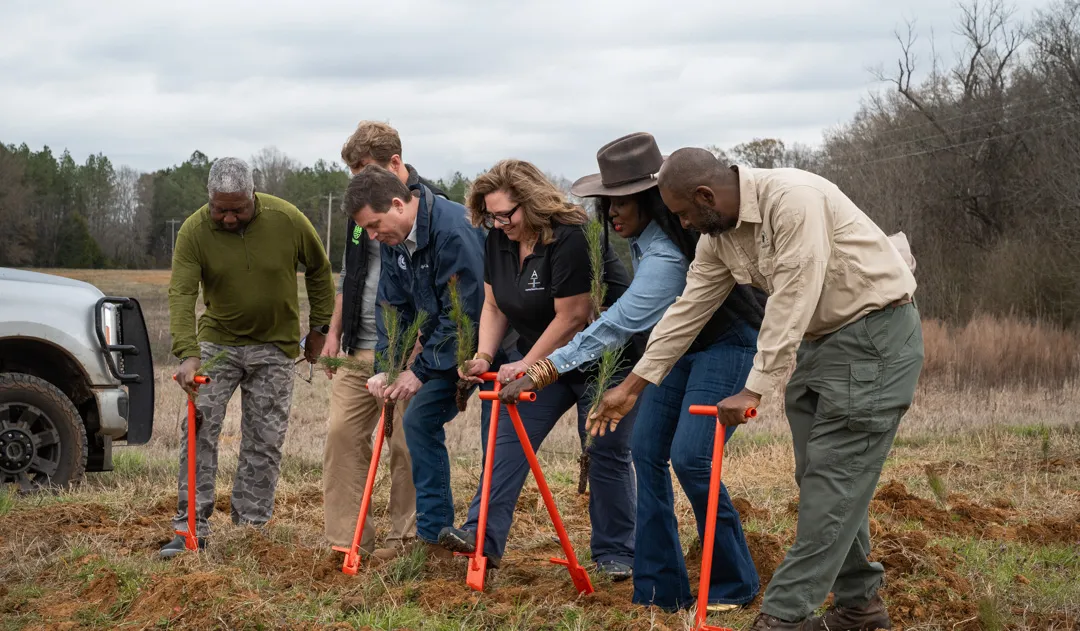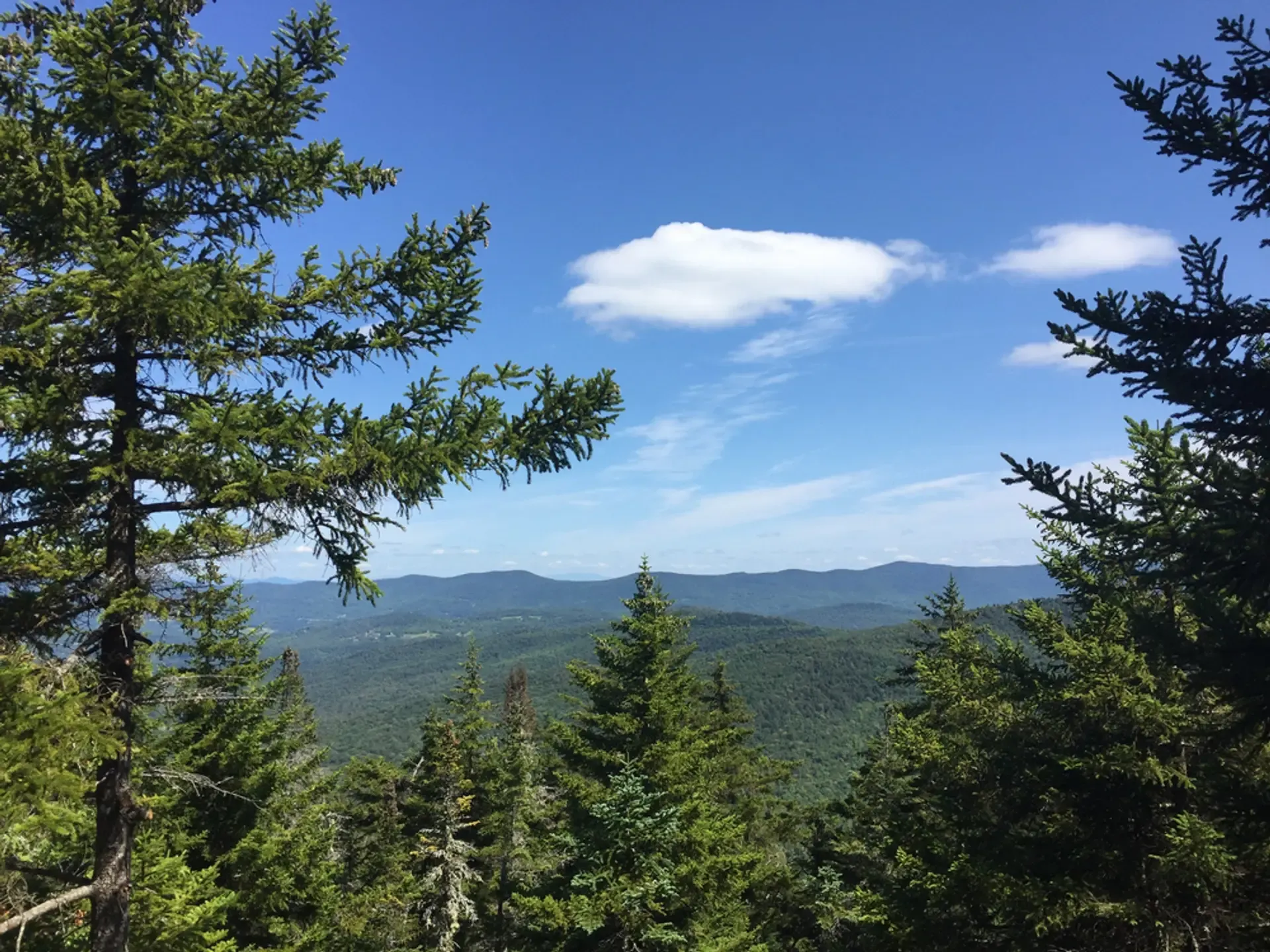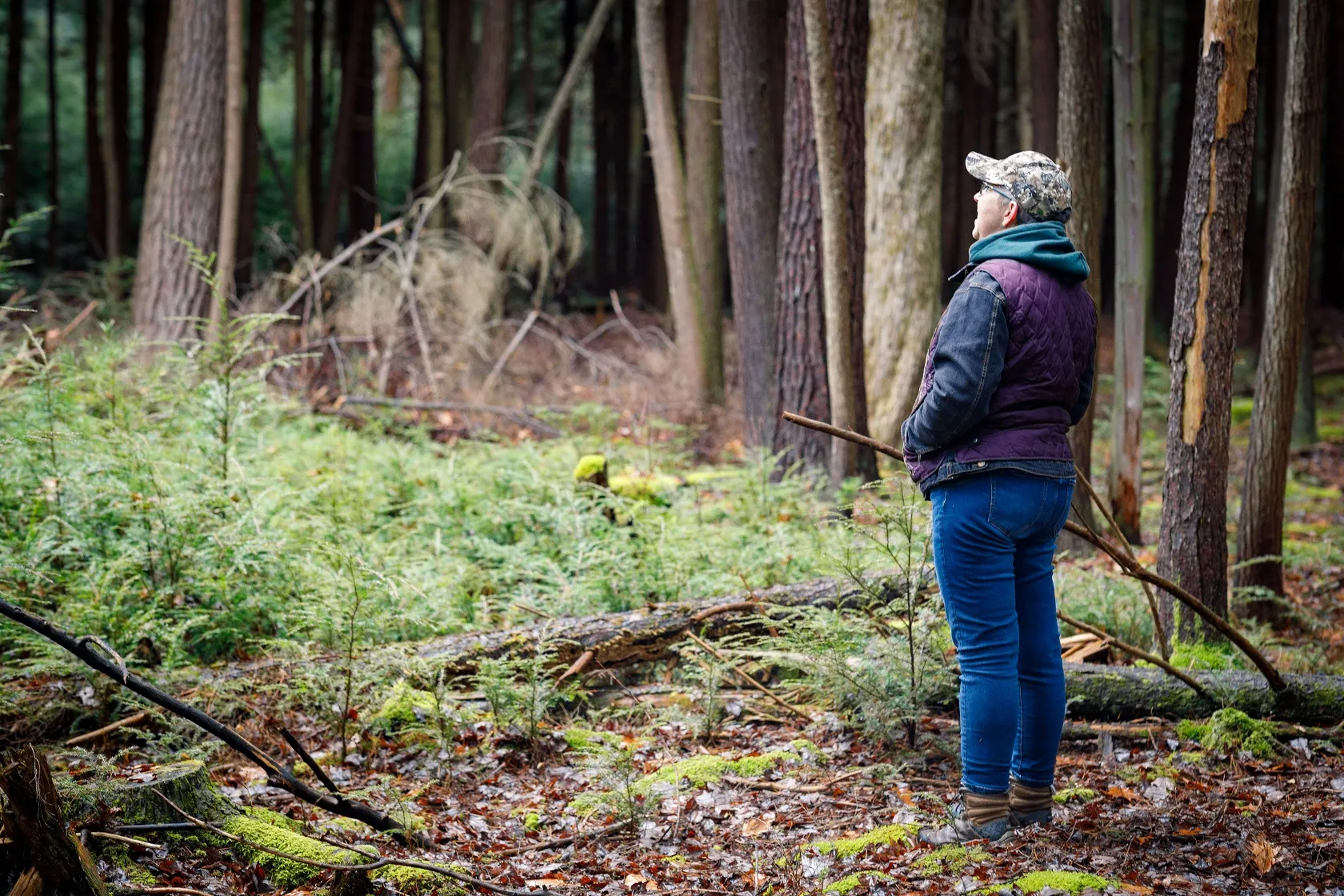AFF Statement on Washington’s Shared Stewardship Agreement with Forest Service
WASHINGTON, D.C. (May 20, 2019) – The American Forest Foundation (AFF) applauds the recent signing of a Shared Stewardship Memorandum of Understanding, which formalizes a partnership with Washington Department of Natural Resources, Washington Fish and Wildlife and the United States Forest Service to support shared goals and existing plans to address forest health, which is a cornerstone of reducing wildfires and providing wildlife habitat and clean water. The agreement will also leverage efforts to enhance the outdoor and recreational experiences for which the state is known.
“Our country’s forest challenges, such as wildfire, drought, insects and the rising costs of forest management—require a renewed commitment to shared stewardship and cross-boundary work,” said Tom Martin, president and CEO of the American Forest Foundation. “We are pleased to see this new agreement in Washington state that underscores the importance of a shared stewardship approach that includes all types of forests to improve overall forest health.”
“Family forest owners collectively own more than one-third of forests across the U.S. — more forestland than the federal government manages, so they play a key role in solving issues that threaten ecosystems and critical watersheds. The approach outlined by the Washington DNR, Washington Fish and Wildlife, and the US Forest Service is a model for the kind of landscape-scale change that will keep these forests healthy, and protect the water, wildlife habitat, clean air, and recreation spaces they provide.” The Washington State Tree Farm Program also shared, “Washington Tree Farmers, especially those in the Eastern part of the state, have been looking forward to this cross-boundary collaboration. Washington Tree Farmers can view the Shared Stewardship MOU as a strengthening of the commitment to work collaboratively and thoughtfully across ownership boundary lines. This is the kind of breakthrough in interagency logistics we are hopeful will remove barriers to action they have experienced in the past. “
Contact: Caryn Stein, cstein@forestfoundation.org; (202) 751-2447
About the American Forest Foundation
The American Forest Foundation (AFF), a forest conservation organization, works on the ground with family forest owners, partners and elected officials to promote stewardship and keep our forests healthy and producing clean water and air, wildlife habitat and sustainable wood supplies. AFF’s signature program, the American Tree Farm System® is the country’s largest sustainable woodland program with a network of 71,000 family forest owners managing 19 million acres of forestland.
Related Articles

February 12, 2026
Fields & Forests Plants its Millionth Tree
AFF celebrated the millionth planting on recently enrolled landowner Portia Fulford’s property near Montgomery, Alabama. AFF was joined by several key partners, including the Arbor Day Foundation, the Alabama Forestry Commission, the Alabama Forestry Association, Help for Landowners, and Funga.

February 2, 2026
AFF Statement on GHG Protocol Land Sector & Removals Standard
The exclusion of forests from the LSR Standard increases the risk of sidelining one of the most mature and impactful pathways for near-term mitigation.

December 16, 2025
Family Forest Carbon Program's First Ever Credits Delivered to REI Co-op
Today, REI becomes the first buyer to receive carbon credits from the Family Forest Carbon Program (FFCP), a high-integrity forest carbon project designed for small-acreage landowners.